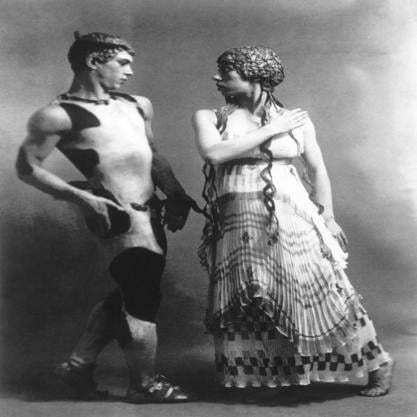Article
Levinson, André (Andrei Iakovlevich Levinson) (1887–1933) By Kant, Marion
Article
A critic and theorist, André Levinson continued the nineteenth-century continental tradition of dance and ballet criticism as part of philosophical and aesthetic inquiry: dance as the embodiment of ideas. He supported classical dance as it had evolved out of the French and Russian schools, which he considered technically and therefore aesthetically superior to most other movement forms and genres. His scathing reflections on modern dance, particularly that of the German persuasion, revealed a distaste for emotive expression on the part of the individual performer as well as what he considered clichéd and superficial movement. Levinson hailed the aesthetics of classical ballet as the ultimate pinnacle of dance. Modern dance should aspire to the principles of classical training, its structural and technical clarity and the narrative power of Romantic and late nineteenth-century ballet. Modernist approaches, such as those of Diaghilev’s Ballets Russes, were futile attempts to transform ballet from within. Though he admired Isadora Duncan, he viewed the purpose of modern dance as inspiring and ultimately re-enforcing ballet.

